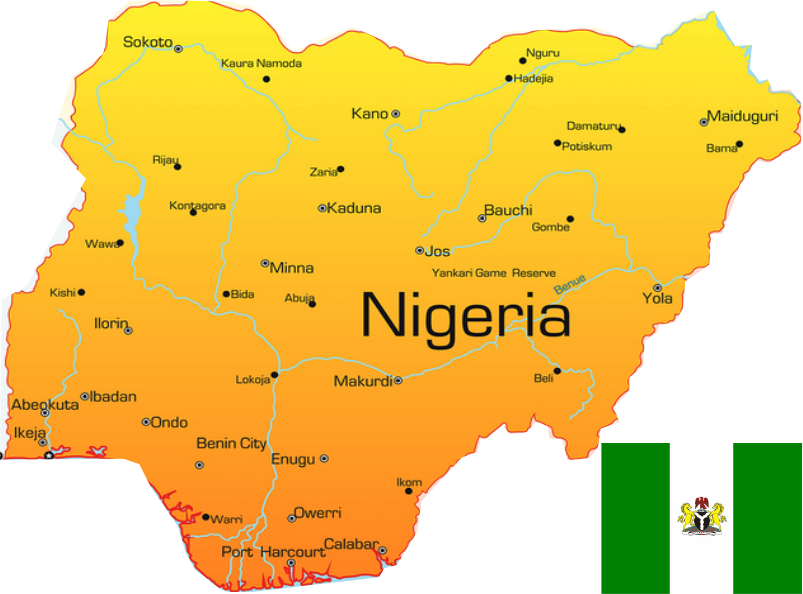By Chambers Umezulike
According to the United Nations Population Fund, demographic dividend is the economic growth potential that can result from transpositions in a population’s age structure. This is mainly when the share of the working-age population (15 to 64) is larger than the non-working-age population (14 and younger, as well as 65 and older). Nearly half of the Nigerian population are within the youth age bracket. In addition, considering that over 40% of Nigerians are under fifteen, long-term economic growth can never be sustainable without young people and proper investment in them. This necessifies the need for the creation of strategies to bring young people on board or involve them in economic governance.
Nigeria with her oscillating economic strength has the opportunity of carrying off an echolalia of the phenomenal economic outcome of countries in East Asia. This would be if the country could position herself to realise the benefits of demographic dividend since she is expected to have a large working age population in the next 20 to 30 years. This is expected to boost economic growth and greater productivity. Nigeria’s population explosion (additional 70 million Nigerians by 2030) has contributed to her economic development crisis especially on the youth with above 50% youth unemployment. Furthermore, these millions of unemployed youths have constituted terrible economic and social threat. The country also has approximately 12 million out of school children and 2 million children in hard labour. However, there could be a remarkable demographic feat if Nigeria’s economy could have the wherewithal to absorb and productively employ extra workers. The country greatly accounts for Africa’s estimated $500 billion demographic dividend realisation if the right things are done.
On the flip side, demographic shift can deepen socio-economic crisis and occasion a disaster when a country fails to prepare adequately to collect its dividend. While the emerged East Asian economies made very important steps in realising their demographic dividend such as through investing in young people, building human capital and providing employment to their teaming workforce, Nigeria’s performance on human capital remains impecunious, with health and education standards presenting a measurable obstacle to the country’s development. With the country’s topical expanding youth unemployment crisis and its consequences on the society, further apocalyptic results would be precipitated by having a large working age group. Such, encompasses greater political instability which will be powered by unemployed, underemployed and bitter young people. In addition are increased competition for jobs and political patronage; urbanisation crisis; deepening income inequality; ethnic & religious conflict; radicalisation; and proliferation of crimes. For the latter, international statistics show that young men commit three-quarters of the world’s crimes.
Demographic shift means there is the potential for Nigeria to significantly plan long-term transformation of its economy by building human capital. It’s expected that by investing in youth, as well as providing an enabling condition for the private sector and foreign investors, the country could achieve an average annual income increase of N818,400 ($2,640) at present to N1,064,850 ($3,435) in 2020 and N1,823,420 ($5,882) in 2030. This could be realised by making sure Nigerian young adults are healthy, well educated, and in position to find productive employment. This could only be realised through sound economic policies that are youth investment driven.
Health remains very important in realising demographic dividend as sick people cannot perform well in their workplaces. It’s crucial that the government works towards improving adolescent health standard, increasing expenditure on health; and improving primary healthcare. Improving educational quality should also be a national priority. Additionally, increasing governmental expenditure on education will be utilitarian in countering illiteracy. There should also be an improvement on the provision of basic education nation-wide, with particular emphasis on those parts of the country that are still far from meeting their obligation of providing free primary education to all children.
Demographic dividend or disaster lies on Nigeria’s ability to harness the power of its single greatest asset: YOUTH and not oil. And this cannot work without proper and appurtenant investment in the youth. By 2030, Nigeria will be one of the few countries in the world that has young workers in excess supply. As her recent economic crisis is a clear consequence of primary-export-dependence, falling oil prices, YOUTH, not oil, will be the country’s most valuable resource in the twenty-first century. Empowering, educating and providing employment for the youth remain key necessaries for long-term sustainable economic growth. By not investing in youth, the country will suffer the consequences for several decades to come and Nigeria’s development breakthrough would be forever lost.
Chambers Umezulike is a Nigerian Writer, Author and a Development Expert. He has authored couple of powerful books on political and socio-economic developments in Nigeria.
You can follow @Prof_Umezulike
Email: chambers.umezulike@gmail.com
